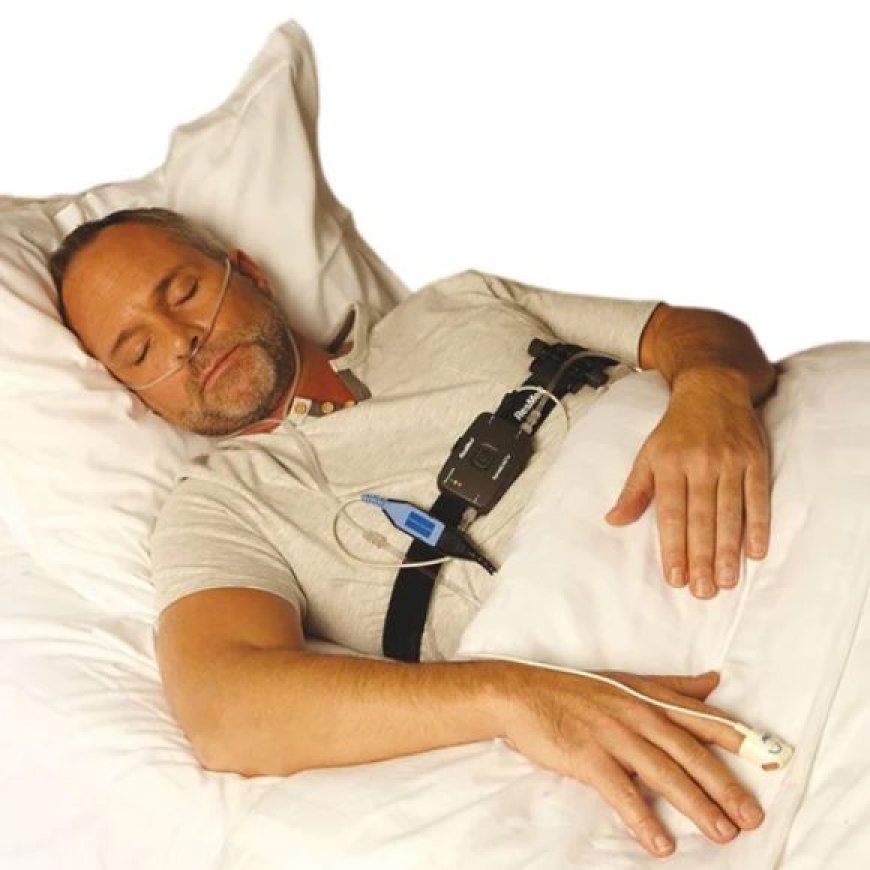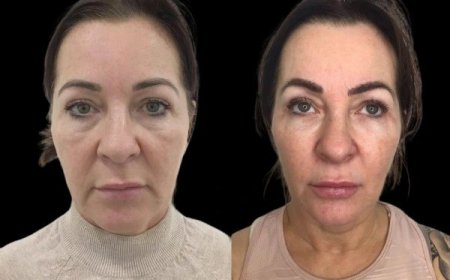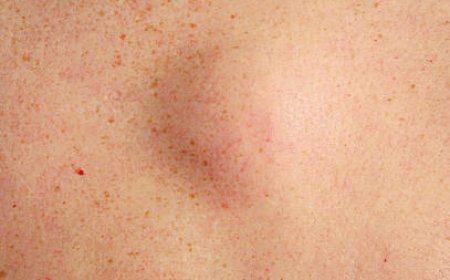Sleep Lab Test at Home vs Hospital: Cost & Convenience Compared
Sleep disorders like sleep apnea, insomnia, and restless leg syndrome are more common than most people realize. Yet many Indians delay diagnosis because they believe that a sleep lab test requires an overnight stay at a hospital, which can be expensive, inconvenient, and intimidating.
But what if you could take the same testwithout leaving your home?
With BreatheNests at-home sleep lab test, patients now have a smarter, more affordable alternative. Lets compare the home sleep test and the hospital-basedsleep lab testacross key factors like cost, convenience, accuracy, and comfort.
1. Cost Comparison: Big Savings at Home
A sleep lab test in a hospital can cost anywhere between ?8,000 to ?20,000, depending on the facility and city. This price often includes charges for the overnight stay, technician supervision, equipment usage, and reporting.
By contrast, a sleep lab test at home through BreatheNest starts from just ?3,999. You get the same advanced polysomnography (PSG) machine, data recording, and a full report reviewed by certified sleep specialistswithout hospital overhead.
Savings:Up to 60% lower cost by choosing home testing over a hospital stay.
2. Convenience: Your Home, Your Schedule
Hospital sleep tests require prior appointments, travel, and overnight stays in unfamiliar rooms. For many working professionals, caregivers, or elderly patients, this adds to stress and discomfort.
BreatheNest allows you to book a home sleep test online and get the device delivered to your door. You sleep in your own bed, follow your natural routine, and collect accurate data from your usual environment.
No travel. No queues. No hospital anxiety.
3. Accuracy: Comparable Results, Better Comfort
You might wonder, Is a sleep lab test at home as reliable as one done in a hospital?
The answer is yes. BreatheNest uses clinically approved Type II and III diagnostic equipment, similar to what hospitals use. These devices measure:
- Sleep stages
- Breathing patterns
- Blood oxygen levels
- Heart rate
- Body movements
Since sleep quality improves in a familiar setting, data accuracy can often be better at home compared to a hospital environment.
4. Comfort & Privacy: A Major Advantage of Home Tests
Patients with anxiety, elderly individuals, or those with mobility issues find hospital sleep labs difficult to access. Home testing gives them control, privacy, and comfortall while collecting essential clinical data.
BreatheNests sleep lab test at home was a game changer for my father. The process was simple, and we received a full report in 48 hours. Shalini P., Pune
Final Verdict: Home Sleep Tests Win on All Fronts
If you're experiencing symptoms like loud snoring, gasping during sleep, fatigue, or insomnia, dont delay diagnosis. Choose the smarter optiona sleep lab test at homeand get the answers you need without the hassle of hospitalization.




























